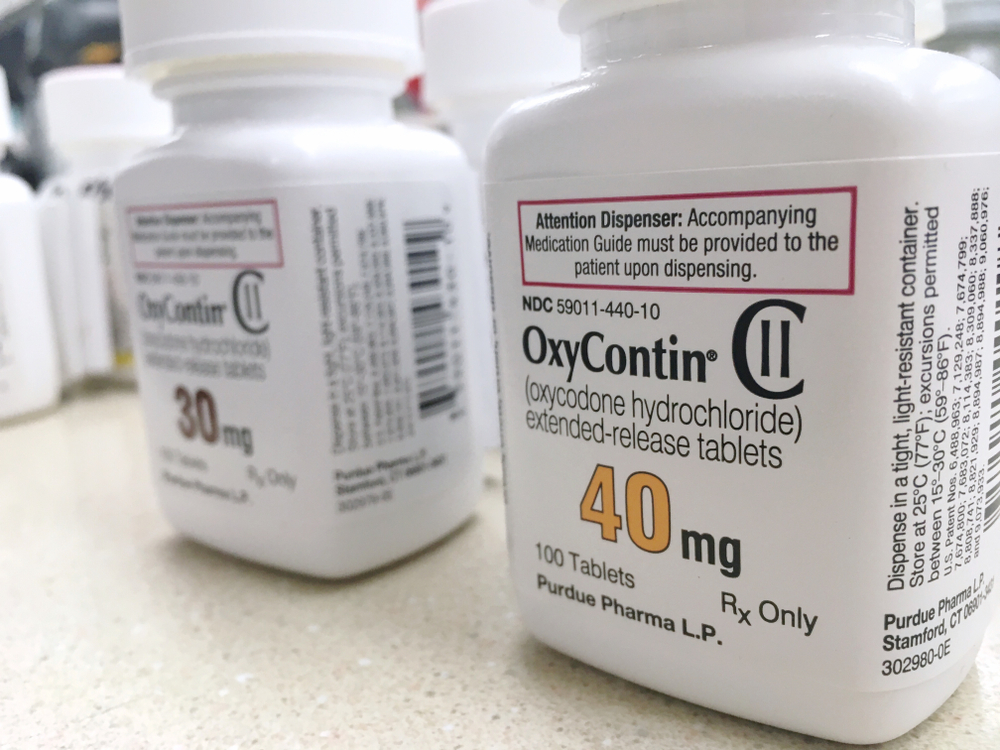This is our newsletter, Hard Reset. Sign up here.
Crunching the numbers
- The company that makes OxyContin, Purdue Pharma, will shut down as part of an agreement to settle three federal charges stemming from its role in the opioid crisis. As part of the settlement, Purdue owes more than $8 billion in fines.
- The Trump administration’s immigration policy allowed thousands of families to be separated before a federal court ordered them to be reunited. The parents of 545 children have still not been found, court records say.
Eye on local news
- In March, the Tampa Bay Times reported that international security contractor GardaWorld had operated armored cars that were involved in crashes that killed at least 19 people. This week, the Times published a new investigation into GardaWorld that revealed the company “lost track of millions of dollars inside its vaults, then concealed the missing money from the banks that were its clients.” In 2014, Garda executives estimated that about $9 million had gone missing.
- From The Texas Tribune: An aide to Texas Attorney General Ken Paxton was fired after alleging with four other staffers that he had committed crimes in office, including bribery.
- A California appeals court ordered the San Quentin State Prison to release or transfer at least half of its inmates. San Quentin has had one of the country’s worst prison outbreaks, with 75% of inmates there testing positive for the coronavirus.
- The Arkansas Legislature suspended budget hearings this week after five lawmakers tested positive for covid-19.
New on Big If True
Prisons are known hot spots for covid-19, with inmates 5.5 times more likely than the general public to be infected. At least 21 states released inmates early in response to the pandemic, but what are they coming home to?
Reporting from Asheville, North Carolina, Emma Castleberry wrote this week about reentry after prison, which has been more difficult than usual due to the coronavirus. A few things from her story, which you can read here:
- Some states, including Oklahoma and North Carolina, have months-long waits for appointments to get a driver’s license. That’s an issue because without current ID, it can be difficult to get a job, and without a job, it’s hard to find a place to live.
- Some transitional housing programs have restricted the number of residents they’ll accept because of the pandemic.
- So much of life has shifted online, which leaves behind people who don’t have access to technology or the skills needed to use it.
That story – and the rest in our monthly in-depth reporting series – are entirely funded by our readers. If you find value in our journalism, please consider supporting Big If True. We’re a nonprofit, and we need your help to continue doing work like this.
Send me feedback, questions and tips: bryant@bigiftrue.org and 405-990-0988.
– Mollie Bryant
Founder and editor, Big If True

